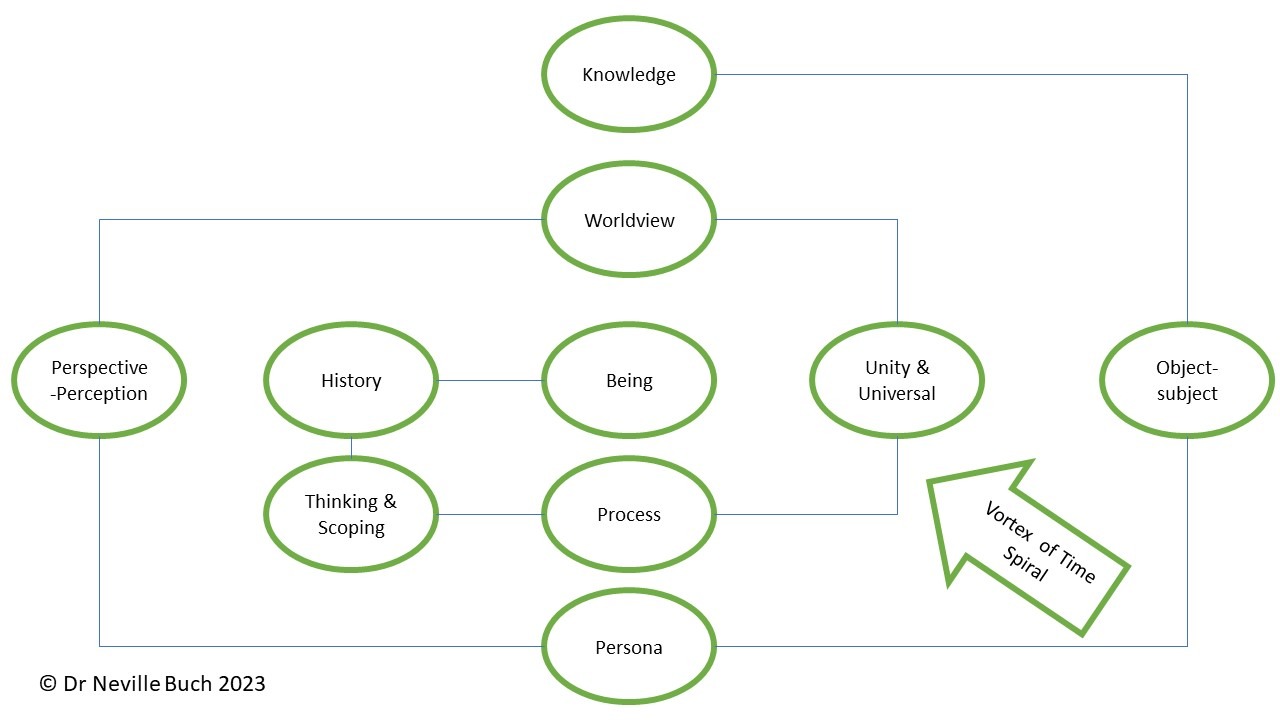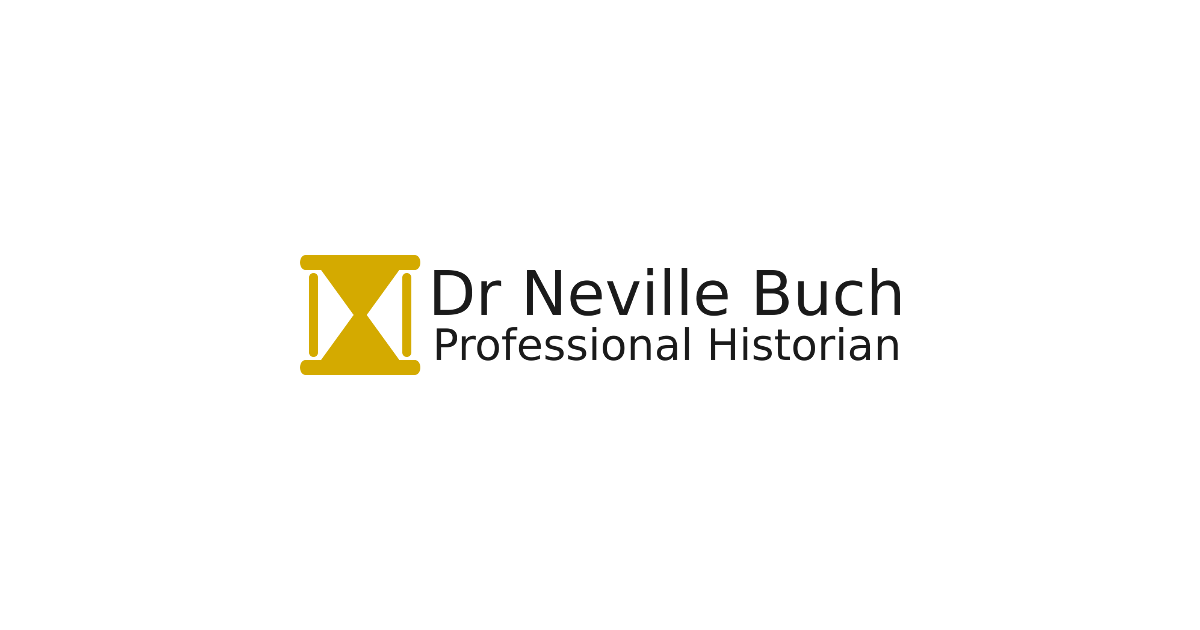In 1977, Ivan Illich, an Austrian-born philosopher, vagabond priest, and ruthless critic of metastatic bureaucracies, declared that we had entered “the age of Disabling Professions.” Modernity was characterized, in Illich’s view, by the standardization and professionalization of everyday life. Activities that were once understood to be within the competencies of laypeople—say, raising children or bandaging the wounded—were suddenly brought under the purview of technical experts who claimed to possess “secret knowledge,” bestowed by training and elite education, that was beyond the ken of the untutored masses. The licensed physician displaced the local healer. Child psychologists and their “cutting edge” research superseded parents and their instincts. Data-grubbing nutritionists replaced the culinary wisdom of grandmothers.
Illich’s singular insight was that the march of professional reason—the transformation of Western civilization into a technocratic enterprise ruled by what we now call “best practices”—promised to empower us but actually made us incompetent, dependent on certified experts to make decisions that were once the jurisdiction of the common man. “In any area where a human need can be imagined,” Illich wrote, “these new professions, dominant, authoritative, monopolistic, legalized—and, at the same time, debilitating and effectively disabling the individual—have become exclusive experts of the public good.” Modern professions inculcate the belief not only that their credentialed representatives can solve your problems for you, but also that you are incapable of solving said problems for yourself. In the case of some industries, like medicine, this is plainly a positive development. Other examples, like the ballooning wellness industry, are far more dubious.
If the entrenchment of specialists in science, schooling, child-rearing, and so on is among the pivotal developments of the 20th century, the rise of online dating is among the most significant of the 21st. But one key difference between this more recent advancement and those of yesteryear is that websites such as Tinder and Hinge are defined not by disabling professionals with fancy degrees, but by disabling algorithms. The white-coated expert has been replaced by digital services that cut out the human middleman and replace him with an (allegedly) even smarter machine, one that promises to know you better than you know yourself.
…
Both Western intellectuals and the progressive public tend to be hostile to the idea that there is a universal “human nature,” a phrase that now has right-wing echoes. Instead, those on the left prefer to emphasize the diversity, and equality, of varying human cultural traditions. But this discomfort with adopting a strong definition of human nature compromises our ability to draw red lines in a world where AI encroaches on human territory. If human nature doesn’t exist, and if there is no core set of fundamental human activities, desires, or traits, on what basis can we argue against the outsourcing of those once-human endeavors to machines? We can’t take a stand against the infiltration of algorithms into the human estate if we don’t have a well-developed sense of which activities make humans human, and which activities—like sweeping the floor or detecting pancreatic cancer—can be outsourced to nonhuman surrogates without diminishing our agency.
One potential way out of this impasse is offered by the so-called capability approach to human flourishing developed by the philosopher Martha Nussbaum and others. In rejection of the kind of knee-jerk cultural relativism that often prevails in progressive political thought, Nussbaum’s work insists that advocating for the poor or marginalized, at home or abroad, requires us to agree on universal “basic human capabilities” that citizens should be able to develop. Nussbaum includes among these basic capabilities “being able to imagine, to think, and to reason” and “to engage in various forms of familial and social interaction.” A good society, according to the capability approach, is one in which human beings are not just theoretically free to engage in these basic human endeavors, but are actually capable of doing so.


Neville Buch
Latest posts by Neville Buch (see all)
- Dear grossly, ethically, corrupted - December 21, 2024
- Thoughts with a Professional History colleague on “Artificial Intelligence” - December 21, 2024
- Stephanie M. Lee on “AI by omission”, The Chronicle of Higher Education, Thursday, December 19, 2024 - December 20, 2024
